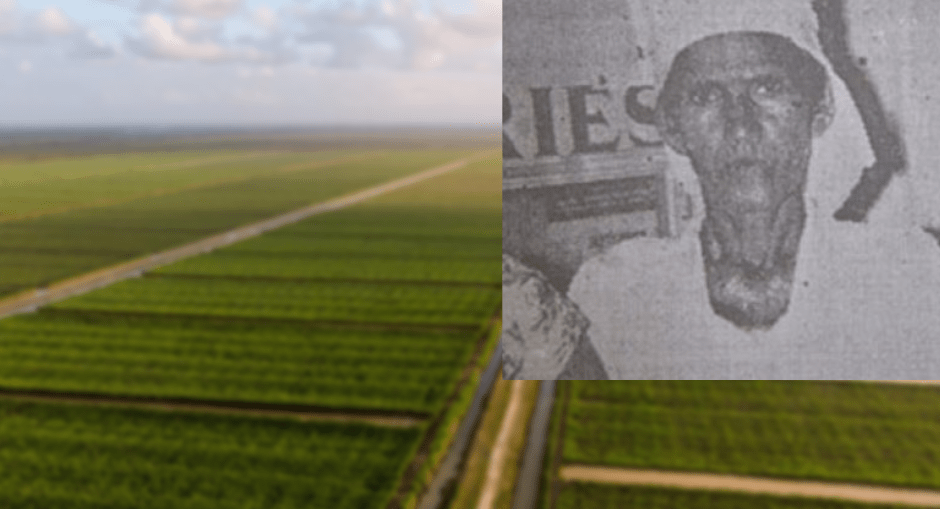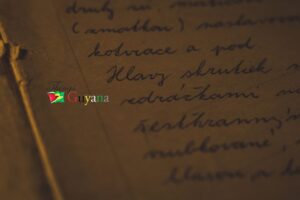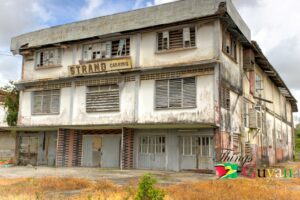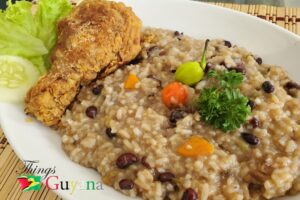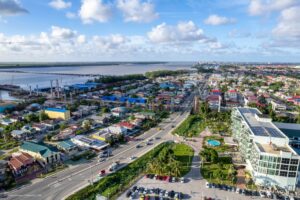Ever since I was a kid I would hear stories being told by my mother about a woman named Kowsilla, a strong and resilient woman who would have held steadfast to her beliefs in workers’ rights and led a rebellion. Most women were told to stay under the typical stereotype of being silent or “don’t speak unless you are spoken to” but these chains started to break as women began to voice their opinions clearly and loudly, disregarding the usual expectations of the masses. Kowsilla was one such woman.
Kowsilla’s name means Lord Rama’s mother who would have stuck by her husband’s side even when he was banished into the jungle for many years. Kowsilla held firm to her beliefs and eventually paid the ultimate price with her life.
On 6th March 1964, a very notable plantation strike took place at the Leonora Plantation.
Early Life
Little is known of Kowsilla’s (also known as Alice) early life. She grew up in Seafield, Leonora born in 1920 into a very poor family. From a young age, she knew where her values stand in regard to the rights of women and wanted to play a bigger role in having her principles delivered so in 1953 she joined the Women’s Progressive Organisation, 1953 by Janet Jagan. She was the leader of the Leonora branch and also an executive member of the organization. Kowsilla was a single mother of four children and struggled to take care of them and worked as a huckster on the plantations in order to have a sustainable life for herself and her kids.
A Little History
During the sixties, there was an upheaval between the Indo and Afro-Caribbean populations. Leonora was already well recognized for its tenacity in 1939 and prior in the year 1869 and the center of the East Indian culture was also largely prevalent in that village. On March 6th, 1964 was when the sugar workers at the plantation staged a strike against the British colonial estate manager Roy Ryder. Kowsilla along with fourteen other female plantation workers stood resolutely, shoulder to shoulder by a bridge as a tractor driver, who was under the orders of the colonial manager, came at full speed towards them while heartlessly yelling “You all ain’t hear what the boss-man say? Get off the blasted bridge!” as he ran them over. The women were all severely injured, some having broken ribs and limbs and who had to be hospitalized, some recovered and were crippled for life. Kowsilla’s body was cut in half and although she was also hospitalized she ended up succumbing to her injuries at the age of forty-four years old. Eyewitnesses recall hearing the Kowsilla telling the others to stand their ground as the tractor came speeding towards them she bravely declared
“Don’t budge. We can’t let the rich man thief we children dem future.”
The Impact Of Her Death
Kowsilla’s heroism and death were not forgotten. Their attitude led to the Sugar Workers’ Bargaining Agent, The Man Power Citizens’ Association, becoming recognized (MPCA). The workers were let down by it since it later sided with the repressive PNC regime. Despite its failure, the MPCA helped to establish the Guyana Agricultural and General Workers’ Union (GAWU). Ten years later, in 1973, the Booker Tate sugar farms recognized the GAWU, which by then represented 98% of the employees in the sector.
The labor movement saw a significant change in the years to come as a result of these women’s unwavering bravery. These acts are looked upon, not just with grief but with incredible gratitude for it took a lot of courage to have known the risks and still go through with the act for the greater good of all people. It is selfless and admirable.
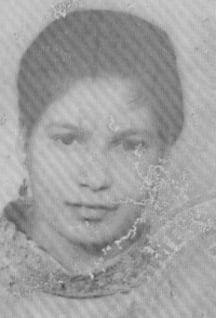
Photo of a young Kowsilla. Photo Source: https://www.stabroeknews.com/2014/03/07/news/guyana/50-years-gawu-recalls-kowsillas-bravery/
If you would like to learn more about the rich history of Leonora village click here :
References:
- https://www.browngirldiary.com/post/kowsilla-the-guyanese-heroine-you-need-to-know
- https://guyanachronicle.com/2014/11/25/kowsilla-an-ordinary-woman-who-made-an-extraordinary-sacrifice-for-her-fellow-humans/
Discover more from Things Guyana
Subscribe to get the latest posts sent to your email.

